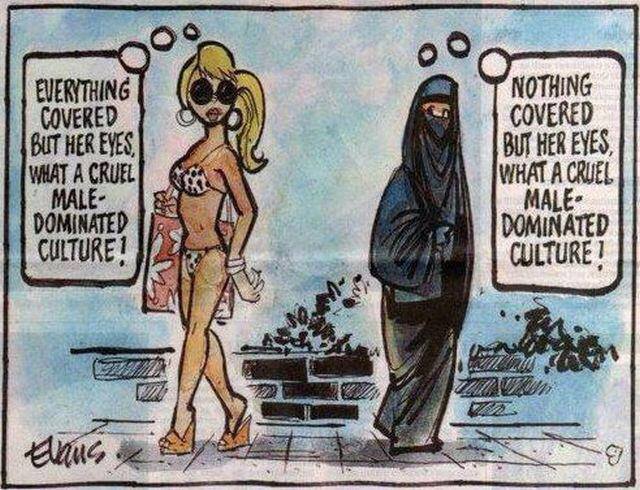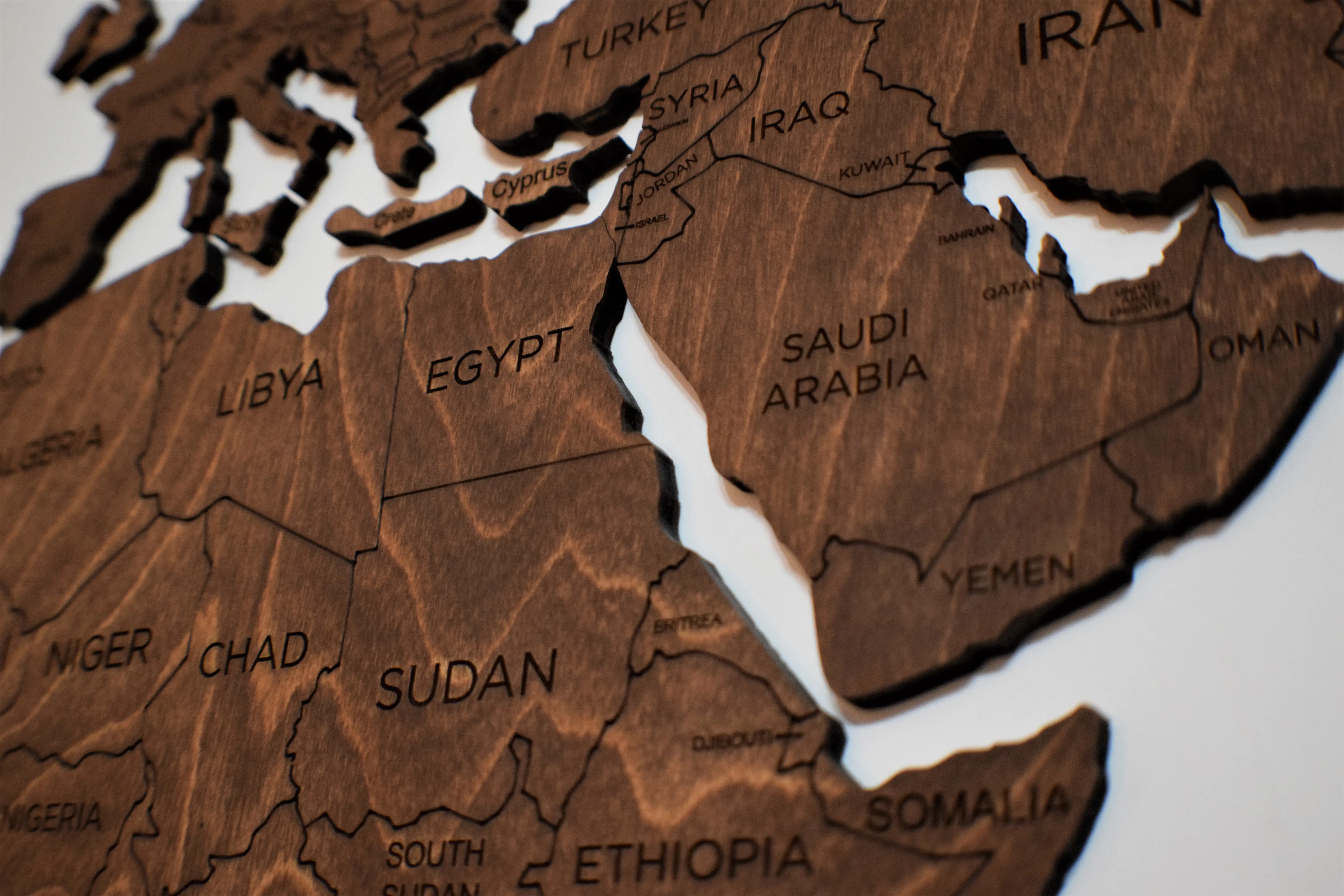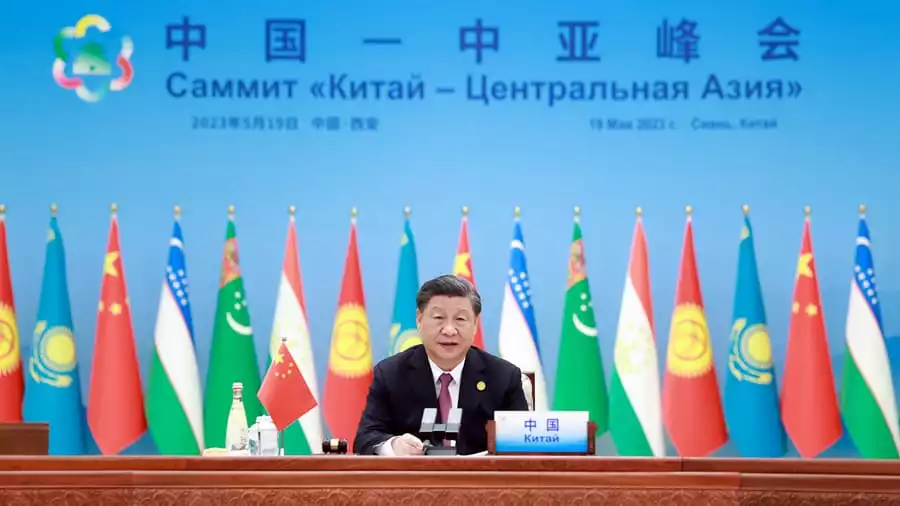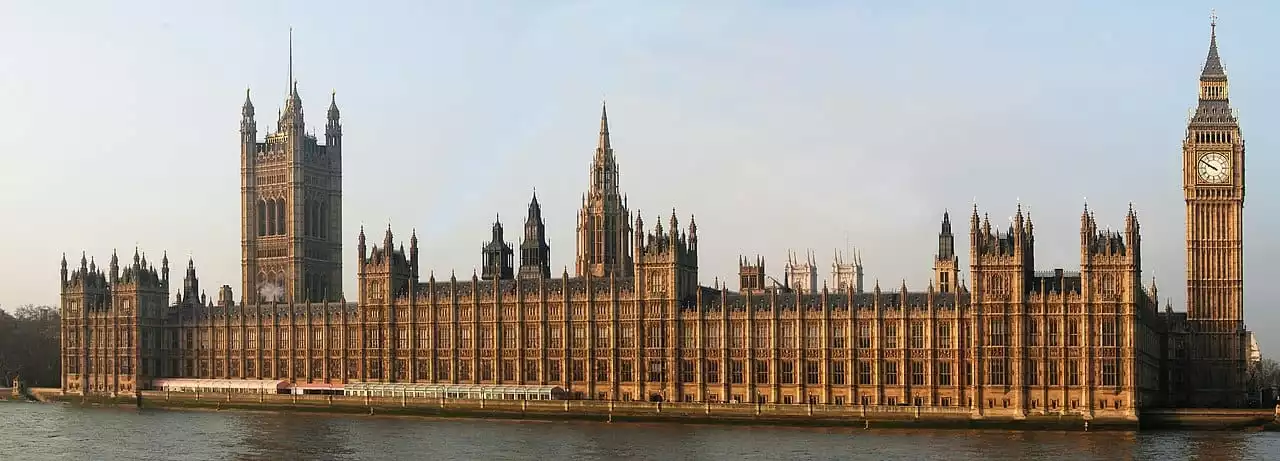Ages ago, when I was a little girl, girls in my school were forced to cover up. Either their skirts were too short, or their bra straps were on display. Often asked to cover up by female teachers, we silently complied. It is 2022 now. And there is an alleged controversy on hijab in Karnataka. Unsettling videos of school girls forced to take off their hijabs before entering the premises of the school have been circulated everywhere. The videos are uncomfortable, asking school going girls to choose between an education or observing their faith. When was covering up in India ever a problem? Haven’t women been mocked for wearing short clothes, tight jeans by the holier than thou men, the guardians of ‘Indian’ culture. Even Priyanka Chopra fell victim to it when she was trolled by the right wing brigade for baring her legs on a meeting with India’s Prime Minister. It would be easy to believe that it isn’t about clothes, but about having control over women’s bodies. Maybe it is to an extent. But this is clearly a concoction of Islamophobia and misogyny. You see, this is a Hindu male’s quest to liberate the Muslim woman from the shackles of patriarchy. It is a quest to ‘uncover’, to disrobe, and in a manner possess her. Fanon, in Algeria unveiled writes, “Unveiling this woman is revealing her beauty: it is baring her secret, breaking her resistance, making her available for adventures. In a confused way, the European experiences his relation with the Algerian woman at a highly complex level. There is in it the will to bring this woman within his reach, to make her possible object of possession..."(Fanon,1959:48). Fanon was writing about the coercive practice of de veiling in Algeria, which is still being followed in France which has banned face covering, as for some, it poses as a threat to the French principle of laïcité. The coercive nature of unveiling is also a blatant erasure in the multiplicity of practices amongst Muslim women. Thus, it is an attempt to homogenize all Muslim women as oppressed, and what more could tickle liberal feminist sensibilities than blatant ‘patriarchal’ oppression? This renders Muslim women not just weak, but also mute, a mute spectator in her own dehumanization. By focusing on hijab clad women, these men hide the oppression faced by Hindu women (namely Brahmanical patriarchy, capitalist exploitation and so on). Indian women also spend more time doing unpaid care work at home than men. On an average, they spend 9.8 times more time than men on unpaid domestic chores and 4.5 hours a day caring for children, elders and the sick. During the pandemic, their share of unpaid care work grew by nearly 30 per cent. These things will never be addressed by the state. All their energies are channeled in saving Muslim women, while ruling ‘their own’ women with an iron fist. Not allowing girls to set foot inside schools will have dire consequences as UN Women data also shows that more girls than boys were left out of school during the pandemic and 65 per cent of parents surveyed were reluctant to continue the education of girls and resorting to child marriages to save costs. This can create an entire generation of young women without education and employment opportunities.


Are we naïve enough to believe that those in Karnataka are trying to liberate women or are even adhering to a dress code? Are we naïve enough to believe the so called liberated Hindu woman will not be targeted for her life choices? Women have to come out in solidarity. Period. The debate should go beyond the binaries of oppressed vs liberated because clearly fascists do not care about any of that. Leila Abu Lughod says that for even to have a conversation about veiling, we need to ‘think in terms of alliances, coalitions, and solidarity, rather than salvation, or pity’( Abu-Lughod, 2006:1). This showing of solidarity must go beyond paying a lip service to hijabi women (e.g. non Muslim women donning hijab in solidarity). Perhaps, learning to distinguish between hijab, niqab and burqa prior to speaking over ‘oppressed’ Muslim women would be a good start. Not denying girls an education because of their sartorial choice should be the need of the hour.
The women remaining indifferent, cheering on those men, thinking that we do not have as bad as Muslim women should also speak up. Because there will come a day when they will come after you.






